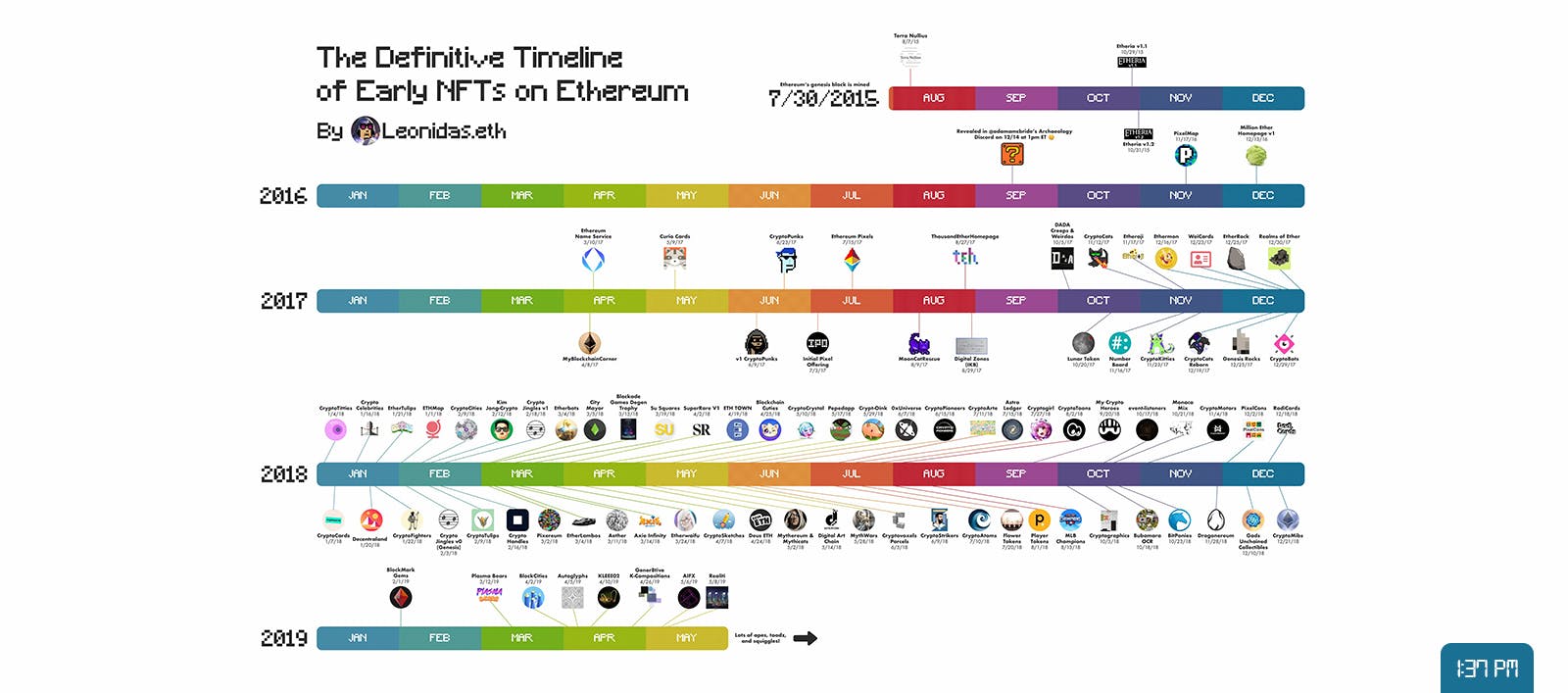I have been promising myself for a long time that I’d start writing again.
Months have gone by, and in place of even beginning the process of putting pen to paper (or fingers to keys), I’ve settled for Twitter threads and excuses.
When I finally decided I’d run out of self-justifying ways to procrastinate, it all came together — I became totally prolific. I wrote twice, sometimes three times per day on all types of topics. My ideas came flowing out of me faster than I could type.
Na, just kidding. I’ve been stuck on the starting line for a month. It isn’t writer’s block if you can’t even decide what it is you want to write about, is it?
While I wasn’t writing, I was thinking. Strategizing ways to take that first step. I went back to first principles (a phrase I will assume I’m using correctly for the sake of this piece). In doing so, I put together a guide for myself. A set of heuristics to help ideate and parse out topics worth writing about. The exercise was oddly soothing, constructing guardrails to rely upon for the very painful moments of empty brain syndrome.
At the risk of coming across like someone who feels important enough to dispense advice about writing, I’m going to share some of these guardrails. At the very least, they will by definition prove themselves correct since the end result will be a piece of writing.
- Identify a niche problem and solve it.
Make sure it’s a problem that isn’t being discussed ad nauseum online, and most importantly, make sure it’s a hard problem. It should take serious leg work to solve. If the answer is available via a 5-second Google search, scrap it. You're not better than Google.
The more work it takes to solve the problem, the more interesting the answer will be. And it’s an added competitive advantage considering the resulting piece of work will be the only easily accessible answer on the internet.
Leonidas.eth did exactly this with this timeline.

It tackles a difficult problem: What was the first NFT? Which NFT projects came in what order? And it does the hard work to solve the problem for the reader, presenting them chronologically & providing an evergreen resource that was then used by One37PM’s Alex Gomez and Charles Kolbrener in a recap article.
- Find consensus and dismantle it.
This isn’t a tip to become a Bad Take Artist, disagreeing for the sake of contrarianism. But if you can find a genuine contrarian idea that goes against something widely accepted in culture, you’ll have a topic with a ton of meat on the bone. You can also use the consensus position as jumping-off points along the way to spark new angles.
Seth Godin writes a microblog every single morning. He presses publish so early some days that you’d be more likely to read it while getting home from the bar than drinking your morning coffee.
He’s also a master of going against the grain, like in this blog where he argues “Reach is overrated.”
What do you mean? Isn’t eyeballs the name of the game?
- Go deeper
You don’t always have to write about a topic that has never been touched. A way to engage with the zeitgeist without getting lost in the ether is to take the mainstream story and hone in on one detail. Follow that detail until you’ve reached the innermost circle of the internet, and then figure out an angle from there. That way you will have your completely unique topic, yet with hooks into a story that already has traction.
A perfect example is this Nathan Baugh thread. He started with a world-famous homerun and ends with a sneaker company. The magic is in taking a mainstream headline and parsing out a story that even avid sports fans wouldn’t know.
- Find data or a concept that confuses you
People love to share data and esoteric bullshit online in the most purposefully baffling way possible. There’s no shortage of it going around. There are plenty of good ‘explainer’ types on the internet that help bring clarity to the mess, but if you can move fast — especially on Twitter — then you can write up a translation of the topic, connect it to the bewildering matter at hand, and find a grateful audience.
All anyone on Twitter talks about is Crypto these days. But rather than trying to outsmart the crowd, Blake Burge allows his readers the space to take a step back and learn in terms they can actually understand.